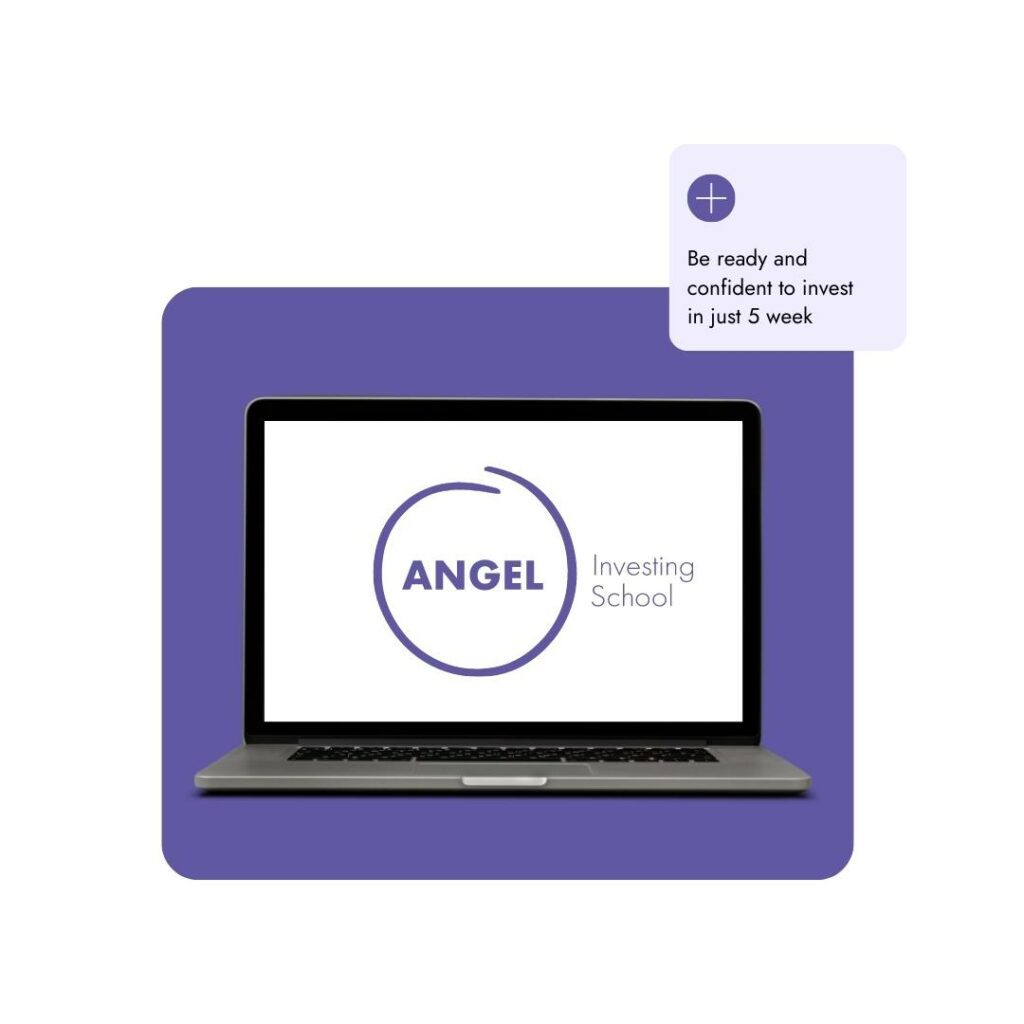Archive for May 2020
What can you do to help businesses stay resilient throughout Coronavirus?
Last month, I visited my hairdresser in Peckham Rye, where I spend over an hour getting my hair twisted into locks. With the current advice to minimise contact in public spaces, it is unlikely I can get my hair done for at least the next 4-6 weeks. The strain on me personally is minor, but…
Read MoreThe Angel Investing School Manifesto
Yesterday, a friend of mine shared with me the great news that he was planning on starting a family and asked: “What is the one skill that you would love to teach your daughter as she grows up?” Almost immediately I answered,“The ability to make smart decisions on a consistent basis when I am not…
Read MoreCan I start angel investing with just £5K?
The origins of angel investing is broadly believed to have been an investment by Arthur Rock in 1957 into the Fairchild Semiconductor in Silicon Valley, California . At the time, Arthur was based in New York before moving out to Silicon Valley and eventually went on to form the venture capital firm Davis & Rock.…
Read More

